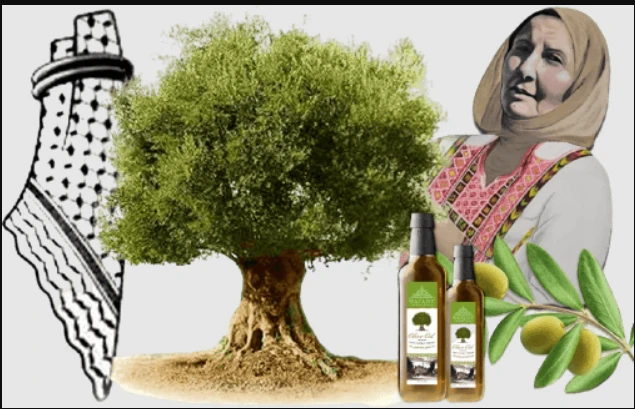Embark on a culinary journey through the vibrant flavors of Palestinian cuisine with two beloved ingredients: Palestinian Za\'atar and Zataar. These aromatic spice blends have been cherished for generations, adding depth and complexity to dishes and delighting taste buds around the world. Join us as we explore the rich history, cultural significance, and culinary versatility of Palestinian Za\'atar and Zataar.

- Palestinian Za\'atar: A Taste of Tradition
Palestinian Za\'atar is a quintessential spice blend that embodies the essence of Palestinian cuisine. Made from a combination of dried thyme, sumac, sesame seeds, and salt, Za\'atar boasts a unique flavor profile that is both aromatic and tangy. It is commonly mixed with olive oil to create a versatile seasoning that can be used as a dip, spread, or topping for breads, meats, and vegetables.
In Palestinian culture, Za\'atar holds deep symbolic significance, representing heritage, identity, and connection to the land. Families often have their own cherished recipes for Za\'atar, passed down through generations and enjoyed as a treasured part of their culinary heritage. Whether sprinkled over freshly baked bread or used to season grilled meats, Za\'atar adds a burst of flavor and a touch of tradition to every dish it graces.
- Palestinian Zataar: A Culinary Classic
Similar to Za\'atar, Palestinian Zataar is a beloved spice blend that has been enjoyed for centuries in Palestinian cuisine. While the ingredients may vary slightly depending on the region and family recipe, Zataar typically includes a combination of dried thyme, oregano, marjoram, sesame seeds, and salt. The result is a fragrant and flavorful blend that enhances a wide range of dishes.
In Palestinian culture, Zataar is more than just a culinary ingredient – it is a symbol of hospitality and generosity. It is often served as a welcoming gesture to guests, accompanied by freshly baked bread and olive oil. Whether used as a seasoning for roasted vegetables, a topping for salads, or a filling for savory pastries, Zataar adds depth and character to every dish it graces.
A Culinary Journey: Exploring Palestinian Cuisine
As we savor the flavors of Palestinian Za\'atar and Zataar, we embark on a culinary journey through the rich tapestry of Palestinian cuisine. From the bustling markets of Jerusalem to the tranquil olive groves of the West Bank, each dish tells a story of tradition, culture, and community.
In a world where flavors and cuisines are constantly evolving, Palestinian Za\'atar and Zataar serve as reminders of the enduring traditions and values that have shaped Palestinian culture for centuries. As we savor these beloved spice blends, let us also celebrate the rich heritage and culinary diversity of Palestine, honoring the flavors, aromas, and traditions that continue to inspire and delight us today.


